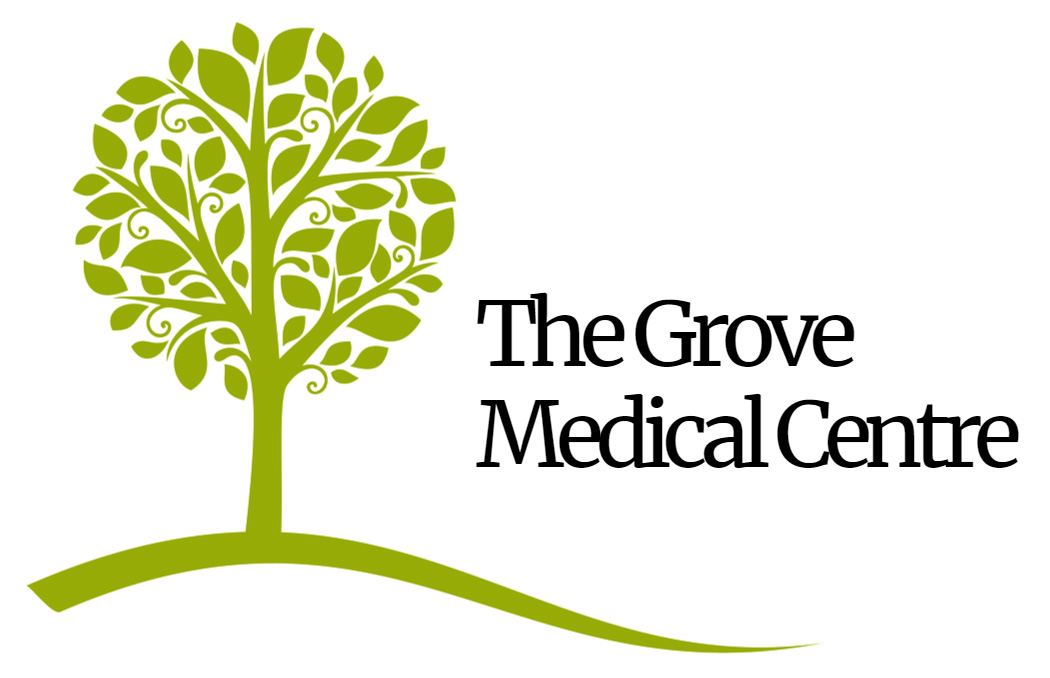Opening Times | Online Services | Contact Us |
CQC Rating Good
Domestic Abuse
Domestic abuse can affect anyone and takes many forms
Recognise domestic abuse
Does your partner, ex-partner or someone you live with:
- cut you off from family and friends and intentionally isolate you?
- bully, threaten, or control you?
- take control of your finances?
- monitor or limit your use of technology?
- physically and/or sexually abuse you?
Domestic abuse is not always physical violence. It can also include:
- coercive control and ‘gaslighting’
- economic abuse
- online abuse
- threats and intimidation
- emotional abuse
- sexual abuse
Anyone can be a victim of domestic abuse, regardless of gender, age, ethnicity, religion, socio-economic status, sexuality or background.
If you believe that you are a victim of domestic abuse, there are signs that you can look out for including:
- being withdrawn, or being isolated from your family and friends
- having bruises, burns or bite marks on you
- having your finances controlled, or not being given enough to buy food, medication or pay bills
- not being allowed to leave your house, or stopped from going to college or work
- having your internet or social media use monitored, or someone else reading your texts, emails or letters
- being repeatedly belittled, put down or told you are worthless
- being pressured into sex or sexual contact
- being told that abuse is your fault, or that you’re overreacting
All forms of domestic abuse are not acceptable in any situation.
If you’re experiencing domestic abuse and feel frightened of, or controlled by, a partner, an ex-partner or family member, it’s important to remember that it’s not your fault and there is no shame in seeking help.
It may seem like a difficult step to take, but there is support available.
See the Dorset Police and NHS websites linked below, where they have a wealth of information to get help and support:
We use cookies to help provide you with the best possible online experience.
By using this site, you agree that we may store and access cookies on your device. Cookie policy.
Cookie settings.
Functional Cookies
Functional Cookies are enabled by default at all times so that we can save your preferences for cookie settings and ensure site works and delivers best experience.
3rd Party Cookies
This website uses Google Analytics to collect anonymous information such as the number of visitors to the site, and the most popular pages.
Keeping this cookie enabled helps us to improve our website.
